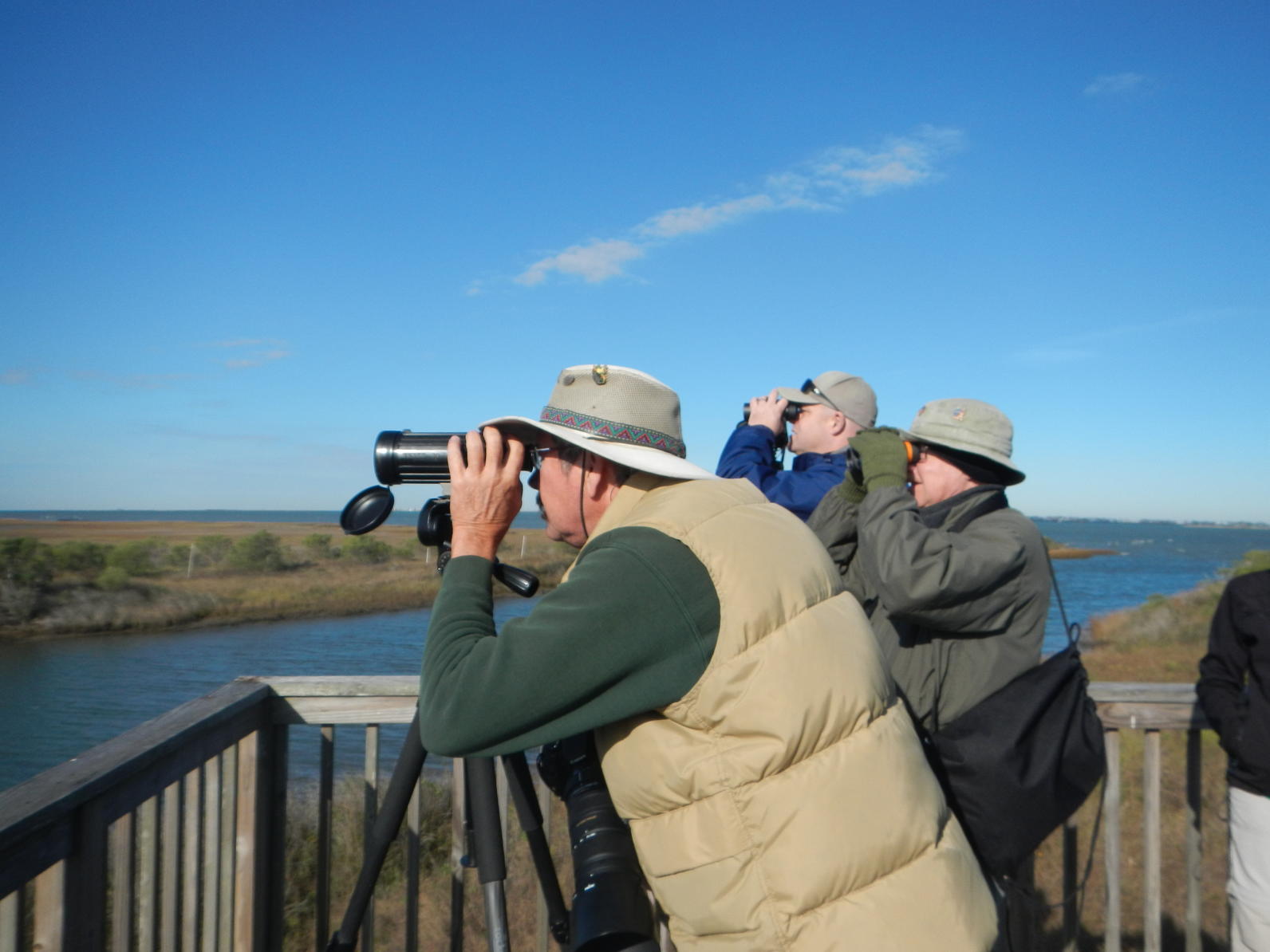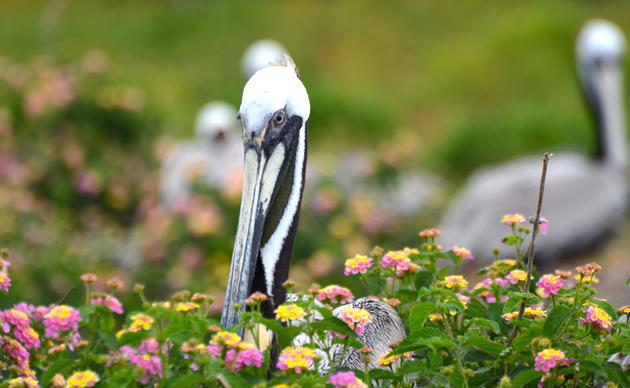Volunteer Opportunities

Bird Monitoring
In colonial waterbird rookery habitats and waterbird foraging habitats. Rookery islands cannot exist without adequate foraging habitat and foraging habitat quality can have an effect on the production of chicks in nearby rookeries. Citizen Scientists are trained on bird identification and surveys protocols and all data will be submitted and stored in the online database. The data is accessible to Audubon biologists, conservation partners, and agencies to uncover trends that help us all make better conservation, restoration, and land management decisions for the birds.
Rookery Island Restoration
Just as in most native ecosystems, maintaining the integrity of the habitats most usable by wildlife requires maintenance to thwart invasive species, erosion, as well as human impacts. During the spring and summer birds are busy raising families on these islands, but when they are abandoned in the fall, the Audubon Texas wardens, biologists, and TERN citizen scientists are busy making improvements to these islands in hopes to enhance the habitats for better chick rearing. Planting native shrub nesting material, creating suitable conditions for ground nesting birds, removing predators, and plastic pollution that washes on shore and entangles birds are part of the many tasks required to give these nesting birds the best chance at raising a family, year after year.
Public Outreach
Many of the same locations we find birds, we also find people. Recreational fishing, boating, and even bird watching tends to concentrate on the coast, often near nesting islands. During nesting season, birds are extremely sensitive to disturbance as well as vulnerable to predators, real or perceived. When parents are disturbed, the entire colony lifts above the nests seeking safety in the air, yet exposed eggs and chicks are then easily harmed by the exposure to extreme weather or become prey with no parent protection from hungry predators. The TERN program promotes, along with many other professionals and partners that the best way to protect nesting birds is to Fish, Swim, and Play at least 50 yards away from rookery islands and beach nesting activities.
Youth Education Outreach
Early birders get the worm and we start them young! K-12th grade programs get students out of the classroom and viewing life through binoculars with birding 101, bird biology, and field monitoring experience. Students make real life connections between the environment they live in and how they can positively or negatively impact the ecosystems with introductions to local plants and wildlife, watershed modules, trash awareness, and fieldtrips focused on natural areas near their homes and schools.
To get involved or learn more contact TERN@audubon.org or 281-339-7234.
How you can help, right now
Join Audubon Texas Today
Becoming a member supports our local work protecting birds and the places they need.
Consider a Legacy Gift for Texas
Planned gifts and bequests allow you to provide a lasting form of support to Audubon Texas.
Subscribe to Our Newsletter
Subscribe to our newsletter for updates about Audubon Texas's conservation work, and news about our activities and local events.




